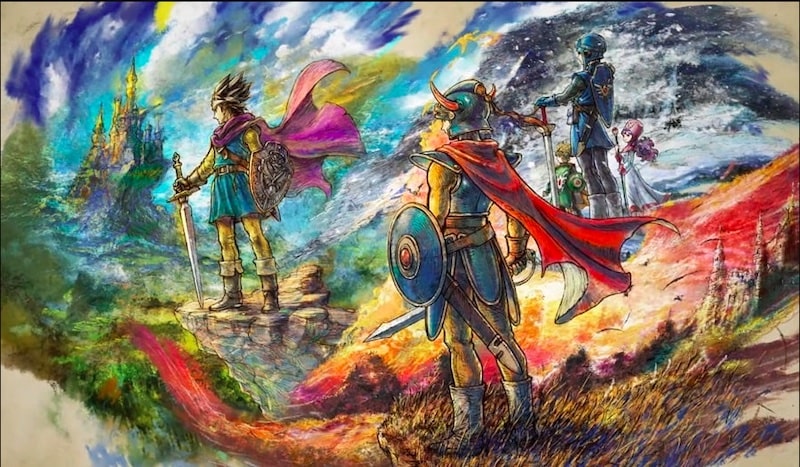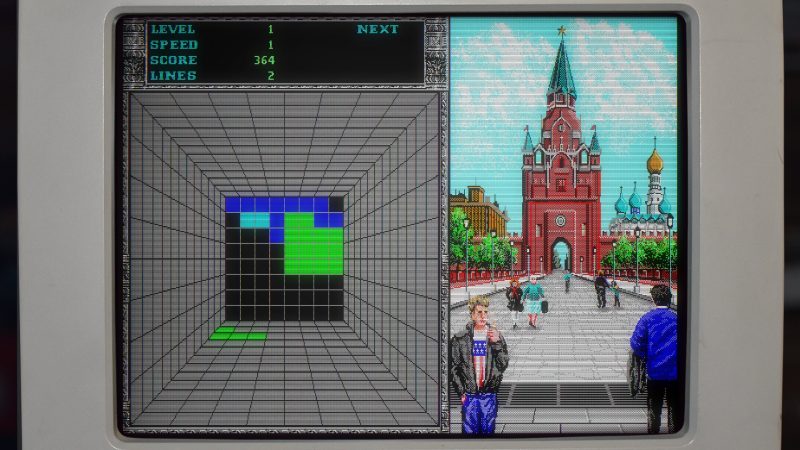In an recent interview with Digital Trends, Square Enix producer Masaaki Hayasaka talked about the methodology and thinking that goes into the publisher/developer’s HD-2D remakes, and the art style that fans have come to love from series like Octopath Traveler.
If you’re one of the many who love this new look in Octopath or in titles like the Dragon Quest III HD-2D Remake, then you’ll be happy to hear that Hayasaka says the team is going to continue expanding on what these remakes can look like.
The team wants to keep innovating, and wants to keep “exploring graphic styles,” which is how the whole concept came about in the first place.
“The HD-2D style was created and inspired by the golden age of the 16-bit era, when the quality of pixel art was at its prime. Even when we simply say “remakes,” there are various methods of doing so that may fit the unique characteristics of a title, but because the HD-2D style was born the way it was, it was a perfect fit for remaking games that originally used pixel art. It’s almost harder to believe they wouldn’t mesh well together.”
Hayasaka also added “Rather than evolving, it may be more accurate to say that it’s expanding further and further, For example, in Triangle Strategy — which followed Octopath Traveler — the camera could be rotated, and in Dragon Quest III HD-2D Remake, we experimented by utilizing color palettes that felt authentic to Dragon Quest alongside a formula to forego pixels in the background.”
“I’m sure future HD-2D titles will also add their own unique new spin to the concept, and these innovations will continue to push the boundaries of HD-2D expression in the future.”
Source – [Digital Trends]

 1 month ago
85
1 month ago
85







![Anime Reborn Units Tier List [RELEASE] (November 2024)](https://www.destructoid.com/wp-content/uploads/2024/11/anime-reborn-units-tier-list.jpg)

